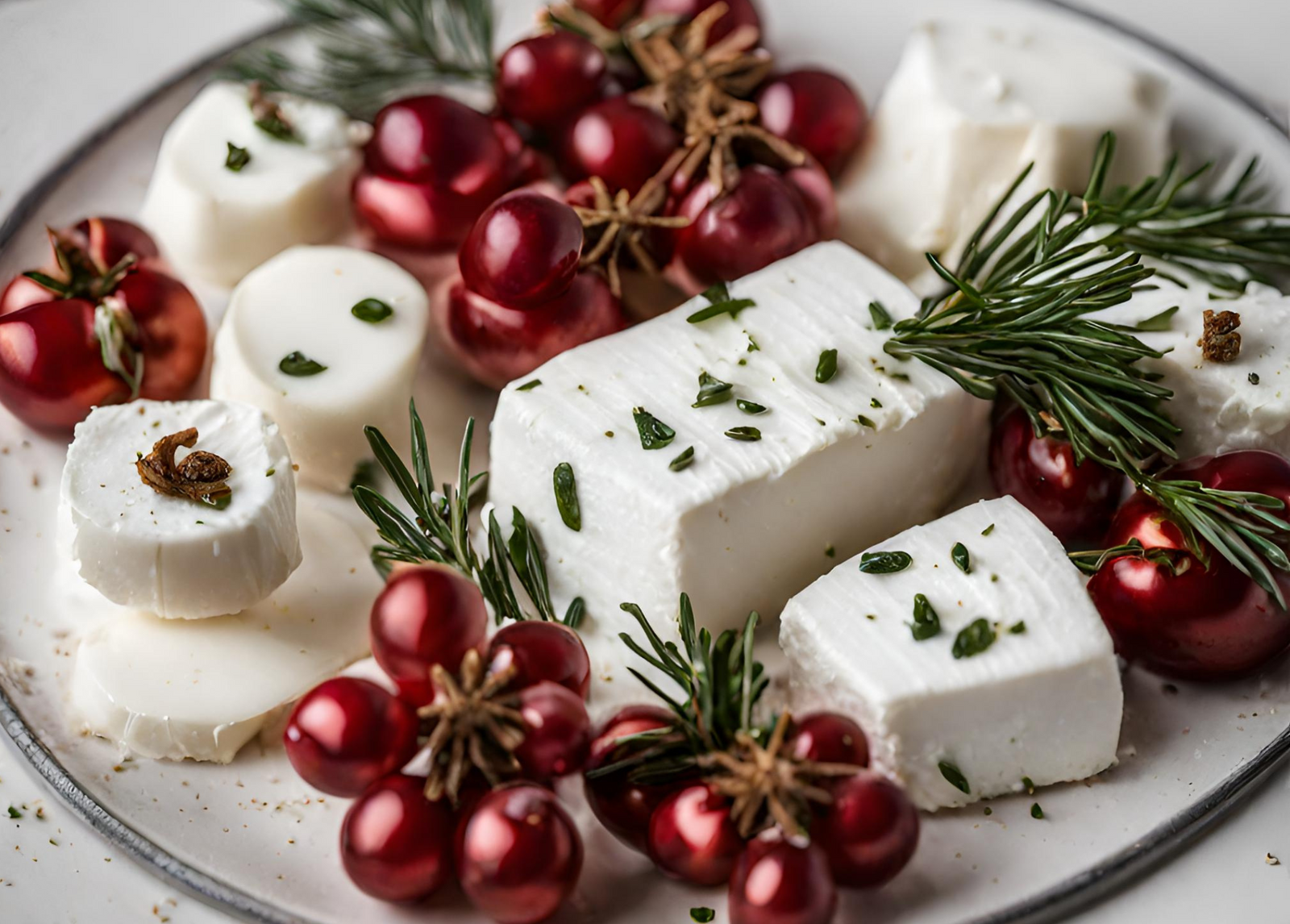Your Cart is Empty
HOLIDAY SALE ON NOW - GET AN AUTOMATIC 15% DISCOUNT ON CHECKOUT
HOLIDAY SALE ON NOW - GET AN AUTOMATIC 15% DISCOUNT ON CHECKOUT
HOLIDAY SALE ON NOW - GET AN AUTOMATIC 15% DISCOUNT ON CHECKOUT

July 24, 2022 2 min read
I'm not the cheese police, but sometimes people do things that simply make me cringe. All misdemeanors, not felony offenses, but still. We’d all get more pleasure from the cheese we make, and a longer life from it, if we treat it nicely. At the risk of sounding like a crank, I’m sharing a few of the most common crimes committed against cheese I witness everyday. Keep reading to find out what NOT to do!
You heard me right. Do not serve cheese right out of the fridge. Cheese aromas blossom at room temperature and the texture softens, just as butter does. It takes only an hour to bring a 1-pound ball or wedge to room temperature, less for a smaller piece. When you take the cheese out of the fridge, put it on a platter and cover it with a dome or an overturned bowl so it doesn’t dry out as it warms.

This means that when you make your cheese, don’t let it sit in the hot sun for hours. We recommend not letting it sit out for more than 2 hours. If the cheese is too warm for too long, the solid milk fat in the cheese begins to liquefy, the cheese softens, and beads of melted fat rise to the surface.
When you freeze cheese, internal ice crystals form. When the cheese thaws, those crystals release water, ruining the texture. Thawed cheese is likely to be dry, mealy or crumbly and won’t melt as well (if you intend to cook with it). Freezing also inactivates the microorganisms that ripen cheese, and they don’t spring to life later. Vacuum sealing or storing it in an air-tight container is a decent way to store hard cheeses that you’ve made a lot of, such as our Farmhouse Cheddar.
I strongly advice you to not forget to coat your Farmhouse cheddar cheese with cheese wax! This is not a step you should skip. Coating the cheese will be much easier to keep mold free and moisture loss will be greatly reduced.

I can't think of anything worse than ruining your beautiful, fresh mozzarella you just made with crumbs and gunk from other food. Make sure when you're folding and stretching your mozzarella that you're doing it in a clean area with clean hands. And if you're serving a cheese platter, take care to provide a utensil for each cheese—whether there are some cheeses you want to avoid or you want to taste each cheese's unique traits, you shouldn't have to pollute the flavor of one cheese with a knife slathered in another.
Comments will be approved before showing up.

December 19, 2024 2 min read

December 05, 2024 2 min read
Sign up to get the latest on sales, new releases and more …